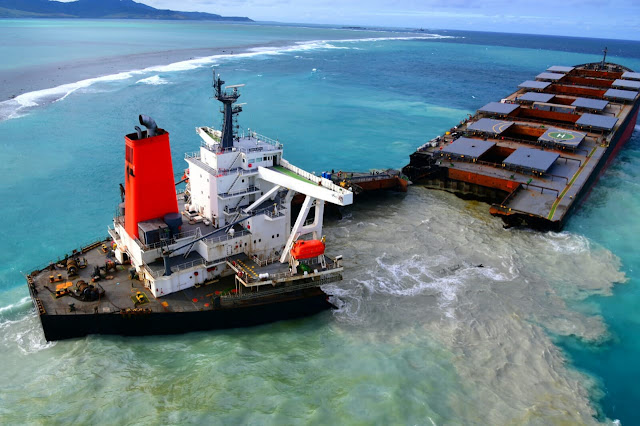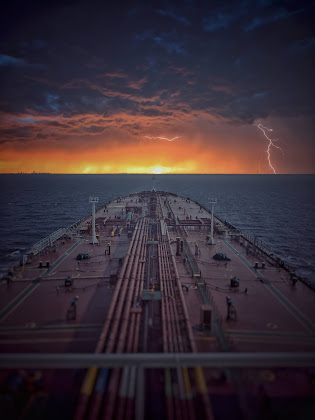MV WAKASHIO OIL SPILL- WHAT CAPTAIN HAS TO SAY ?

Abhineet Sharma 2nd Officer COC Number: IF-33391 23 February 2021 MV WAKASHIO OIL SPILL-WHAT CAPTAIN HAS TO SAY ? The MV Wakashio Oil Spill occurred offshore of Pointe d’espy South of Mauritius after the Japanese Bulk Carrier Wakashio ran aground on a Coral reef on 25 July 2020 at around 16:00 UTC. Source: https://en.wikipedia.org/wiki/MV_Wakashio_oil_spill#/media/File:IMO_helping_to_mitigate_the_impacts_of_MV_Wakashio_oil_spill_in_Mauritius_-_50236896003.jpg The ship began to leak fuel oil in the following weeks and broke apart in mid August. Although much of the Oil onboard Wakashio was pumped out before she broke in half, an estimated 1000 tonnes of oil spilled into the ocean in what was called by some scientists the Worst Environmental Disaster ever in Mauritius. Two weeks after the incident the Mauritian government declared the incident a National Emergency. SOURCE: https://en.wikipedia.org/wiki/MV_Wakashio_oil_spill#/media/File:Mauritius_oil_spill_ESA22170164.jpeg THE INCID...


